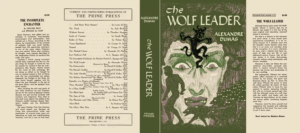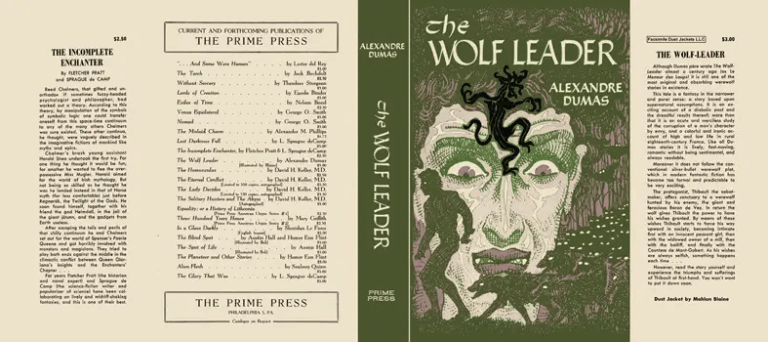Not by Nature, but by Habit: Christine de Pizan and the Complexity of Gender Roles
“If it were customary to send little girls to school and teach them the same subjects as boys are taught, they would learn just as well… Not because they are female, but because they are not taught, women are thought incapable.”
— Christine de Pizan, Le Livre de la Cité des Dames (1405)
At the dawn of the 15th century, Christine de Pizan stood alone among the scribes and scholars of the French court. Widowed and self-taught, she became the first woman in Europe known to earn her living by writing. Her texts – part allegory, part polemic – dared to argue not only for the education of women, but for a radical reconsideration of gender itself as a social construct.
In The Book of the City of Ladies, Christine stages a conversation with three personified virtues – Reason, Rectitude, and Justice – who instruct her to build an imaginary city to house the stories and worth of women. It is a visionary act of reclamation, but also one of subtle subversion. Her critique of misogyny goes further than defence: she dismantles the idea that women are inherently less rational, less moral, or less capable.
In doing so, Christine touches on something that would not be formally articulated for centuries: that gender is learned, performed, and enforced, not fixed by nature. Her call for education, representation, and reimagining the feminine role within civic and intellectual life forms an early blueprint not only for feminism but for gender-expansive thought.
Though her language is shaped by the moral and religious norms of her time, her questions echo across eras: who gets to define womanhood? Who benefits from that definition? And how might other ways of being – of knowing, of writing, of imagining – remake the world?







No Comments